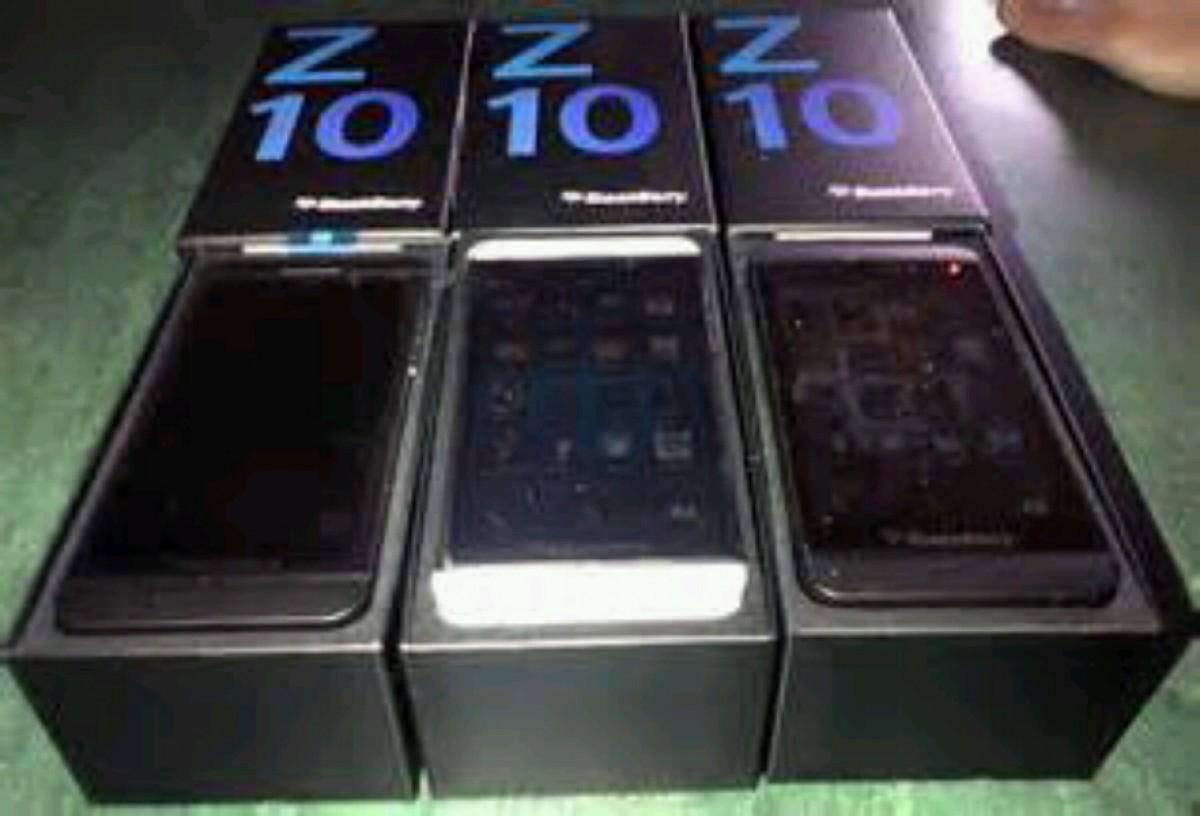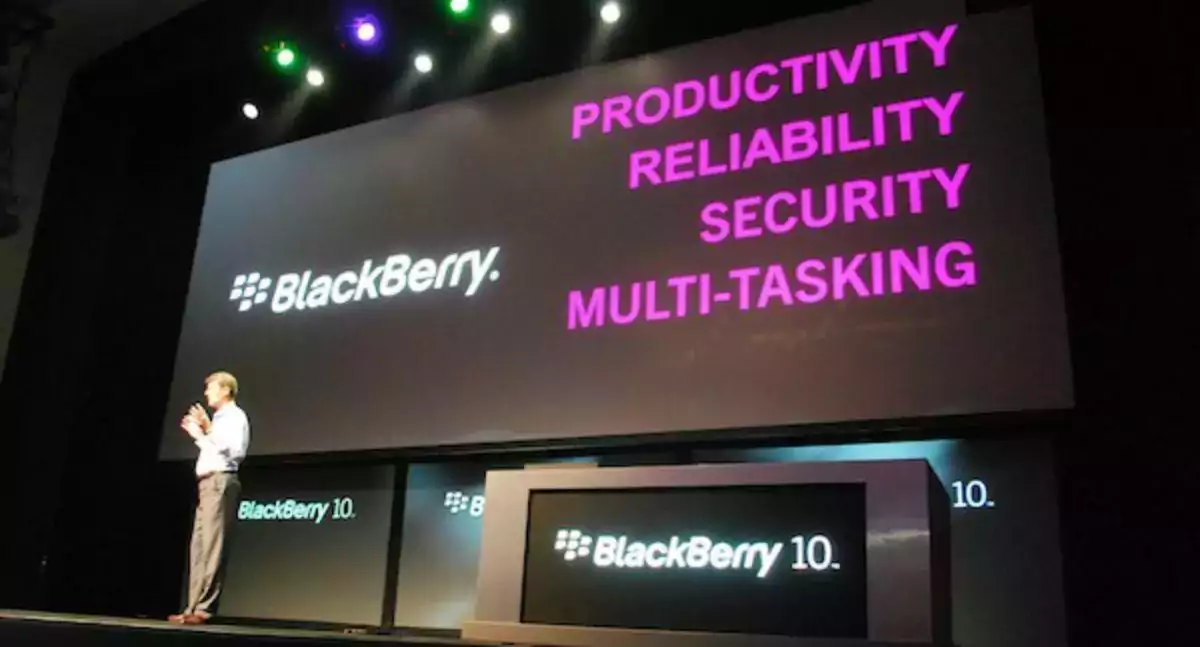Back in March of 2015, BlackBerry won the dismissal of a U.S. lawsuit accusing it of fraudulently inflating its stock price by painting a misleadingly upbeat picture of the prospects for its BlackBerry 10 smartphones.
However, after the plaintiffs submitted an amended lawsuit, over statements related to blackberry 10, a US Judge has rejected BlackBerry’s request to dismiss the amended lawsuit.
The decision was issued by Chief Judge Colleen McMahon in a US District court in Manhattan.
McMahon said that new information has surfaced since the lawsuit was dismissed in 2015, and the US Supreme court has changed the legal standard for assessing whether opinions are misleading.
She said new information about BlackBerry’s alleged conduct had surfaced during the criminal prosecution of an executive at a retailer that sold its smartphones.
McMahon says that in light of the new information and new legal standard, the plaintiffs have made a sufficient showing that there was an intent to defraud them.
Other defendants include former Chief Executive Thorsten Heins, former Chief Financial Officer Brian Bidulka and Chief Legal Officer Steve Zipperstein.

Low sales of BlackBerry 10 smartphones led to a projected $930 million writedown for unsold inventory on Sept. 20, 2013, causing BlackBerry shares to lose about one-sixth of their value that day.
In the original lawsuit, shareholders accused BlackBerry of overstating how well customers were “embracing” BlackBerry 10, and manipulating its books by recording revenue too fast and waiting too long to write off unsold inventory.
The amended complaint was based in part on information from the 2015 prosecution of James Dunham, a former chief operating officer at the retailer Wireless Zone.
That case revealed how an April 2013 report by Detwiler Fenton showing a high return rate for the BlackBerry 10 was based on data sold by Dunham from some 400 Wireless Zone stores.
Dunham pleaded guilty to selling confidential wireless industry information and was sentenced to five months in prison.
McMahon said the plaintiffs have made a “plausible showing” that BlackBerry’s public response to the Detwiler report, including that customers were “satisfied” and return rates were “at or below our forecasts and right in line with the industry,” contradicted data it allegedly had from Wireless Zone.
Lawyers for the plaintiffs did not immediately respond to requests for comment and BlackBerry spokeswoman Sarah McKinney declined to comment.




